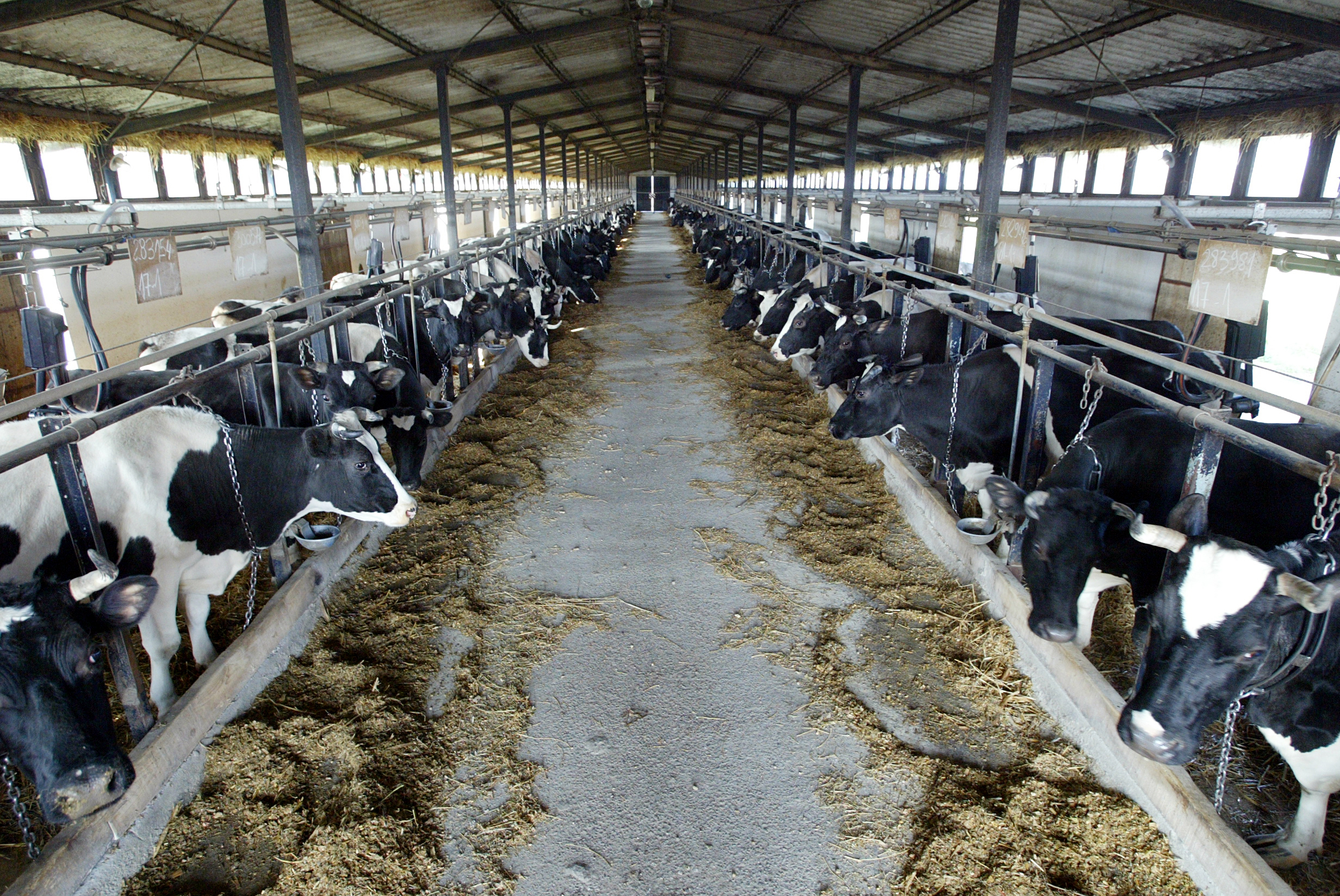The UK’s largest dairy cooperative, Arla, has issued a warning that the price of milk and other dairy products could continue to rise if the government fails to urgently address labor shortages in the farming sector.
Arla stated the shortage of workers is contributing to food price inflation and could potentially result in a crisis in milk production.
The cooperative highlighted that staff shortages are the latest challenge faced by dairy farmers, following the ongoing conflict in Ukraine, which has driven up the cost of milk production to unprecedented levels.
Read More: £21m dairy project to create 600 new jobs in Scotland
Data from the Office for National Statistics (ONS) revealed a significant increase in dairy product prices in May, with low-fat milk rising by 28.5 percent in a year, butter by 14.1 percent, and cheese and curd prices by 33.4 percent.
According to a survey conducted by Arla, staff shortages in farming and the wider food industry are compounding the problems faced by farmers. Arla represents a third of Britain’s dairy farmers.
Paul Savage, Director of Agriculture at Arla, emphasized the urgent need to address the situation, said: “We are at serious risk of continued food price inflation and long-term food security issues if we don’t tackle this now.”
Read More: Publicly owned clean energy company will create thousands of jobs in Scotland
Nearly three-fifths of Arla members surveyed reported increased difficulty in finding staff compared to 2019, attributing the recruitment challenges to the end of free movement of EU workers resulting from Brexit, as well as the impact of the pandemic.
The survey also revealed that 12 percent of farmers are contemplating quitting dairy production altogether due to the difficulty in finding workers.
Others expressed concerns that labor shortages might force them to reduce milk output or downsize their herds.
Read More: iTEC packing rescued out of administration saving 78 jobs
Labor scarcity has already led farmers to increase wages for farm workers, resulting in higher wage bills.
According to Arla’s survey of 600 farmers in March, the average pay for workers has increased by 22 percent since 2019.
A majority (60 percent) of dairy producers anticipate continued wage pressure in the coming year, which will further impact food prices.
Read More: Prices remain stubbornly high despite easing inflation
The cooperative is urging the government to collaborate with the industry in order to attract more young people to the food and agriculture sectors.
Arla’s findings revealed that young people have a limited understanding of modern farming practices, with over half of the surveyed farmers (55 percent) reporting that very few or no applicants for current jobs possess the required skills.
Additionally, Arla is calling on ministers to establish clearer pathways into farming careers through apprenticeships and vocational qualifications such as the T-level.
Read More: The $5 million McDonald’s lawsuit launched over slices of cheese
Paul Savage emphasized the need to dispel preconceptions about the industry and attract more individuals to farming, said: “One of the biggest challenges we face is recruiting people into the industry.”
He further emphasized that farmers work with innovative technologies, data, and play a crucial role in addressing climate change, highlighting these as important factors when people consider their career choices.
Harry Davies, an Arla farmer, has witnessed firsthand the pressure that staff shortages place on the cost of milk production.
Need Career Advice? Get employment skills advice at all levels of your career
Davies highlighted the rewarding nature of a career in dairy farming, where farmers contribute to feeding the nation and play a role in reducing emissions and caring for the environment.
However, he stressed the need for collective efforts to educate people about the industry’s merits.




